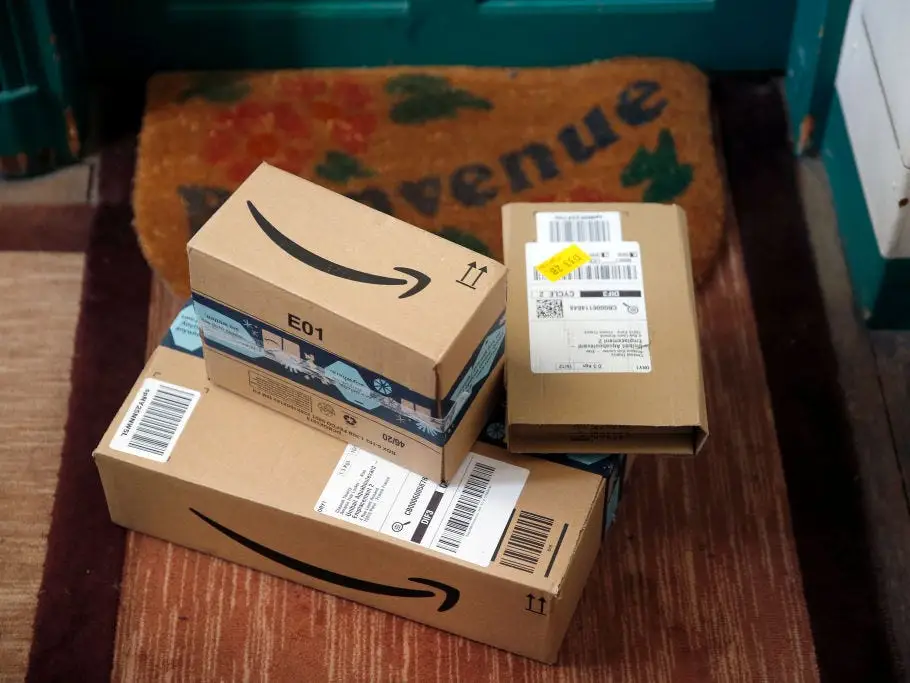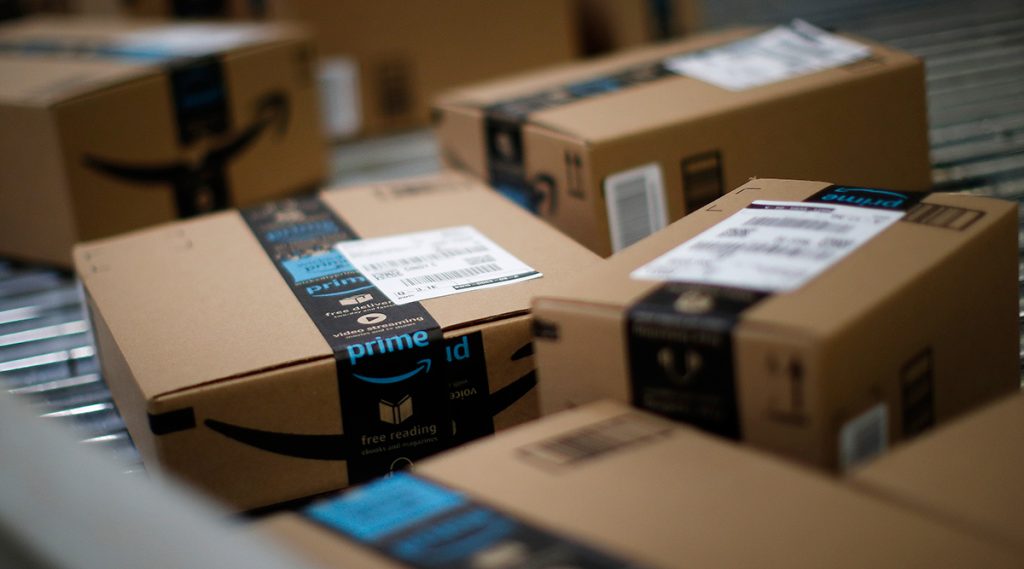Many businesses enter the Amazon Seller Central space because it’s a great solution for e-commerce and supply chain management. But what are some essential things you need to know before you start selling?
Today we’re going over what a Seller SKU is, what makes it necessary, and some other facts you need to know.
What is a Seller SKU?

Stock Keeping Unit or SKU is an alphanumeric product identifier. This product ID is typically seen as a scannable barcode on retail products and helps in keeping track of inventory.
For Amazon, SKU specifically means a merchant’s product identifier. An SKU is assigned to you by Amazon for all their products and variations. This is then organized in the vital information section of corresponding listings.
These merchant-assigned product identifiers are used to associate items mentioned in the inventory file to relevant product detail pages in its catalog. SKUs can be found on the Seller Central of the seller they belong to. Don’t worry, SKUs are not mentioned on any product page and are not visible to other sellers and customers.
Why are SKUs important?
SKUs are necessary for selling on Amazon because it helps You with Easy Identification and Representation of Your Products.
An SKU can enclose a long description of your product into a string of numbers and alphabets. This string of identifiers can be useful for when your inventory consists of multiple products with different, distinct variations. The short code ID can be a convenient way to represent a product rather than long product titles.
MSKU vs. SKU: Is MSKU the Same as Seller SKU on Amazon?
MSKU and Seller SKU are essentially the same thing. The SKU refers to a Stock-Keeping Unit, Meanwhile the MSKU is an acronym for Merchant Stock Keeping Unit. Both of which is a unique identifier for each product and service that can be purchased on Amazon. Each item within a seller’s inventory must have a valid and individualized SKU tag and is helpful for organizing, filing or tracking.

FNSKU vs. SKU: Is Seller SKU on Amazon FBA the Same as FNSKU?
The Fulfilment Network Stock Keeping Unit or FNSKU is a type of barcode Amazon uses to identify a product and connect it with a particular seller. Each FNSKU is different and you won’t share the same FNSKU as another seller; the code will always be unique to you and the products you’re listing.
FNSKUs are used as a code to track products within their internal fulfillment centers. If you’re fulfilling orders yourself (FBM), you do not need to worry about FNSKUs. FBA sellers have to print off and affix FNSKU labels onto the packaging of every product they send to Amazon.
However they’re not the same as an SKU. FNSKU is used to link a product to the seller while SKUs are used to manage and track your inventory.
EAN vs. SKU: Is EAN same as SKU
EAN or a European Article Number is an international identifier and is a standard barcode with a 12 or 13-digit product identification code. EAN identifies the product, the manufacturer and the product’s attributes. Usually an EAN is printed on the label or packaging. The main use of an EAN is for most products that are sold within Amazon’s European marketplaces.
This unique international identifier is what makes an EAN different from an SKU as SKUs are just a series of numbers and letters for managing, tracking, and identifying your inventory.

ASIN vs. SKU: What is the Difference?
The Amazon Standard Identification Number or ASIN is used as a way of identifying the product in Amazon’s huge catalog. This string of numbers are generated by Amazon and can be found on every Amazon product page when you scroll down to the ‘Additional Information’ section, and can also be found in the URL.
Sellers use ASINs to check up on Amazon products and see if they are eligible to list those products. If you know the ASIN of a product you can type it in and it will always bring up the exact product match.
The difference between an ASIN and an SKU is that ASINs are public and can be seen by anyone, it’s used to ID specific products, and is mainly beneficial to Amazon, helping them navigate through their huge catalog. SKUs on the other hand aren’t publicly available and is mainly used to help sellers keep track of their inventory
5 ways to own your custom seller SKU
- Source Identifier: An identifier that tells you where the product comes from, such as a supplier or manufacturer. For example FN
- Product Identifier: An identifier that helps you differentiate between product types such as clothing or appliances. For example VG for video games.
- Date Identifier: An identifier that tells you when you sent your products. For Example 02282022 for 2/28/2022
- Condition Identifier: An identifier that lets you know the condition of the product whether it’s new or used. For example NP for new and UP for used.
- Buy Cost Identifier: An identifier that you choose to represent the cost of the product you’re selling.
Can You Change Your SKU on Amazon?
A SKU is a specific merchant’s product identifier, this is a critical piece of data in every inventory file that you submit to Amazon. The SKUs in your inventory are then used to associate your products with the appropriate product detail page in Amazon’s catalog.
This means every product in your inventory file must have a unique SKU, therefore to make sure the Amazon catalog doesn’t become a jumbled mess an existing SKU cannot be changed. The SKU simply remains in the catalog until you delete it.
FAQs
- Is SKU and barcode the same?
- They are similar but not the same. Barcodes should be assigned to all products regardless of where they are sold, unlike SKUs which can be unique to Amazon.
- Is SKU an item?
- No, an SKU is a unique identifier for the item, not the item itself.
- Is the SKU number unique?
- Yes, no two SKUs are the same and different sellers have their own unique SKU.
- Can SKUs have dashes?
- Yes. Dashes or underscores are useful for separating groups of numbers and letters that represent product attributes such as style, color, size, pattern, or even a storage area.
- Are SKUs different sizes?
- Yes, some SKUs are shorter and some are longer. Amazon has a minimum of 40 characters.
- Should all SKUs be the same length?
- Not necessarily but it is ideal to keep your SKU under 14 characters.
- Can I use UPC as SKU?
- No, UPCs are for external use. SKUs are for internal use only.